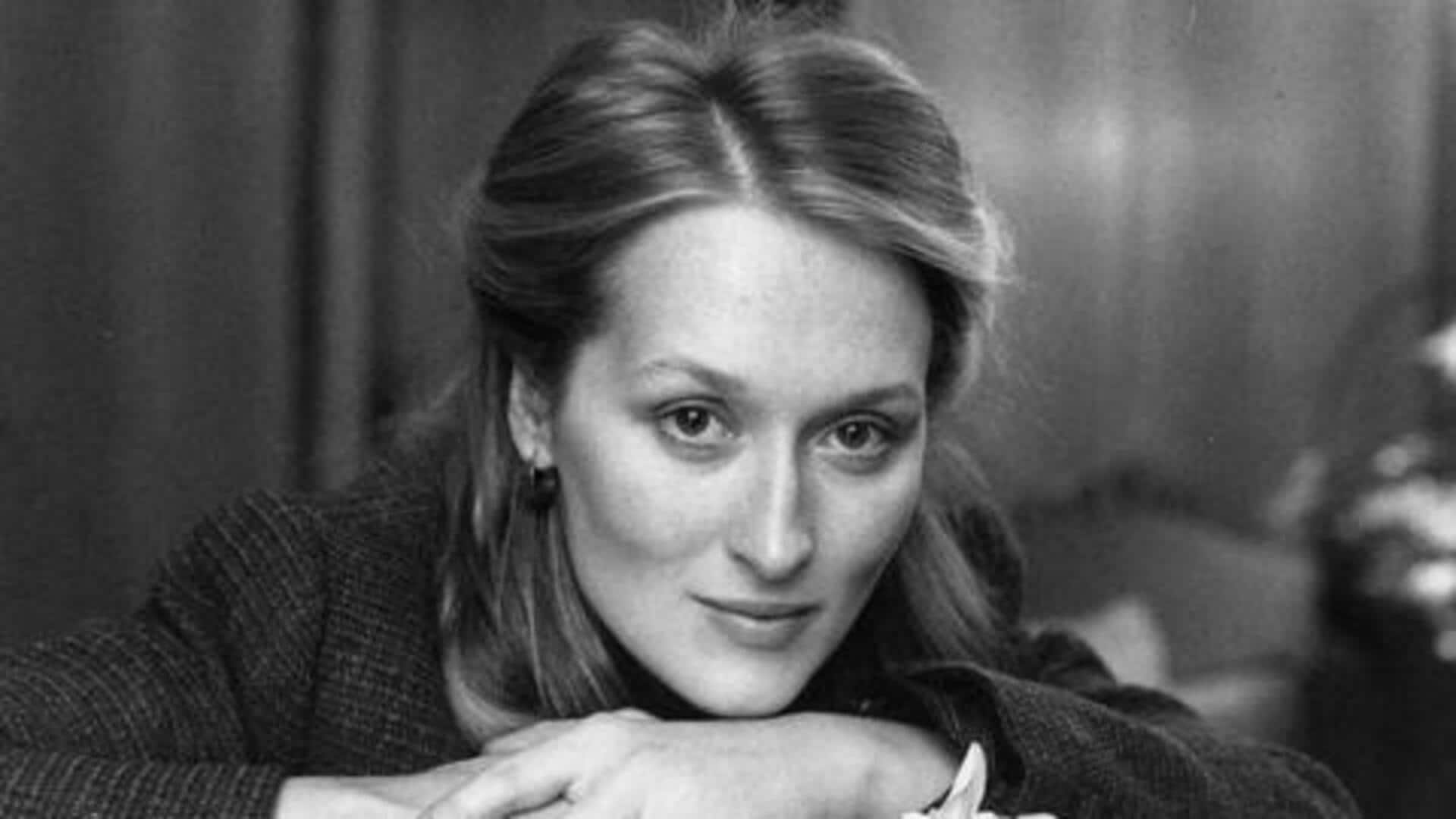
How Meryl Streep mastered every genre in cinema
What's the story
Meryl Streep, a name that defines versatility and excellence, has been a part of the US cinema for decades now. Her career speaks volumes about her ability to adapt and transform into the characters from diverse genres. From drama to comedies, Streep's journey in the film industry defines her range and dedication. Here's looking at how her roles evolved over the years.
Breakthrough
'Kramer vs. Kramer' and early success
Streep became a household name in 1979, thanks to her performance in Kramer vs. Kramer. Playing Joanna Kramer, she gave a heart-wrenching performance and won an Academy Award for Best Supporting Actress. The performance proved to be a major turning point in Streep's career, making her a force to be reckoned with in Hollywood. The movie's success paved the way for more challenging roles and future accolades.
Versatility
Transition to complex characters
Through the 1980s and 1990s, Streep continued to accept more challenging characters, proving her versatility as an actor. Movies like Sophie's Choice and Out of Africa exhibited her talent of taking on emotionally taxing roles with depth and authenticity. Her performance as Sophie Zawistowski won her another Academy Award, cementing her place as one of the most talented actors of her generation.
Comedic shift
Embracing comedy in later years
In the early 2000s, Streep also started venturing into comedies, showcasing another side of her talent. Films like The Devil Wears Prada gave audiences a glimpse of a funnier Streep, without compromising the depth. Her performance as Miranda Priestly became legendary, establishing her as an ace not just in drama but comedy too.
Contemporary focus
Recent roles reflecting social themes
In the last few years, Streep has picked roles that reflect the social themes and issues of contemporary times. Films like The Post tell stories based on real-life incidents where she's playing powerful people who are caught in a tangled web. This not only shows how Streep is still relevant, but also how she is committed to making meaningful cinema that resonates with today's audience.